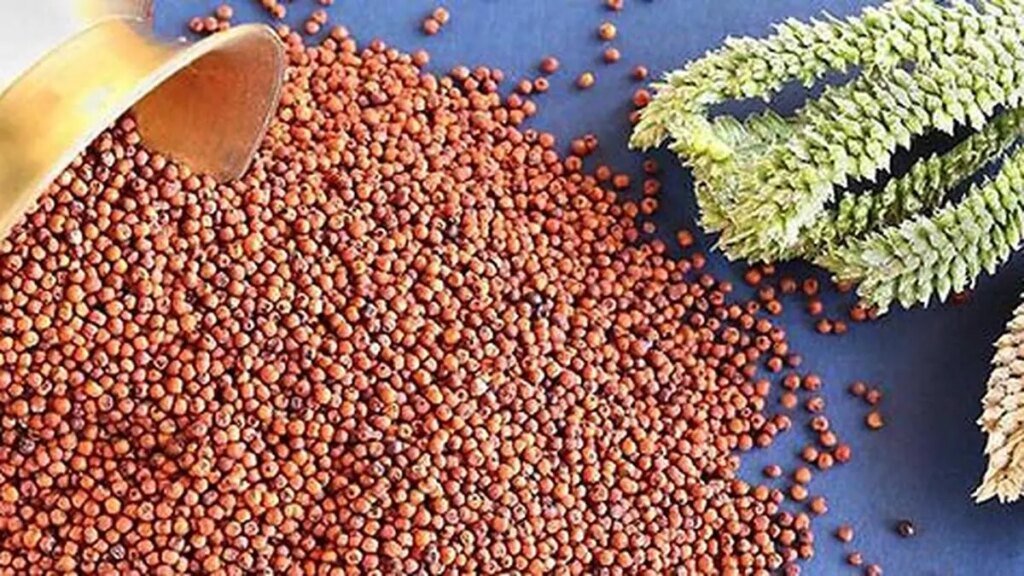Recent study links gut health to heart: Here’s how beneficial gut bacteria prevent coronary artery disease
Scientists may have underestimated the role of the trillions of bacteria in our intestines in heart disease. People with clogged arteries have different gut microorganisms than people with healthy hearts, according to research published in mSystems on November 6, 2025.
Coronary artery disease patients lack beneficial gut bacteria
Researchers from Sungkyunkwan University in South Korea examined gut bacteria samples from 28 healthy adults and 14 patients with coronary artery disease. They went deeper by examining the genes these germs carry and what those genes actually accomplish, rather than only counting the number of bacteria that were there.
The amount of good bacteria in the guts of those with coronary artery disease was much lower. Slackia isoflavoniconvertens and Faecalibacterium prausnitzii stood out in particular. Both create substances known as short-chain fatty acids, which aid in controlling inflammation throughout the body.
Patients also had higher levels of bacteria belonging to the Lachnospiraceae family. Some of these bacteria have been tied to a substance known as TMAO, which has been previously linked to an increased risk of heart disease.
More amino acids, including arginine, were being broken down by bacteria in patients with coronary artery disease. This is significant because nitric oxide, a chemical that maintains blood channel flexibility and relaxation, is produced in part by arginine. Blood vessels may not work properly if there is insufficient arginine.
Gut bacteria ferment lactose and xylose
Patients’ gut bacteria demonstrated a higher capacity to ferment simple sugars like lactose and xylose, suggesting that their microbial communities had changed in response to various forms of food processing.
The team made predictions about the substances these bacteria would generate using computer models. Patients showed elevated amounts of a particular molecule termed inosine, although it is unknown how this molecule functions in relation to heart disease. Patients had lower levels of two additional chemicals than healthy controls.
Also read: Scientists develop eco-friendly spray to combat chickpea pest Helicoverpa armigera
The study also showed that distinct strains of the same bacterial species might have very different impacts, which could change our understanding of gut bacteria and health.
For instance, Akkermansia muciniphila has genes that enable it to break down complex plant fibres in healthy individuals. These same genes were absent in coronary artery disease patients.
Note to readers: This article is for informational purposes only and not a substitute for professional medical advice. Always seek the advice of your doctor with any questions about a medical condition.



